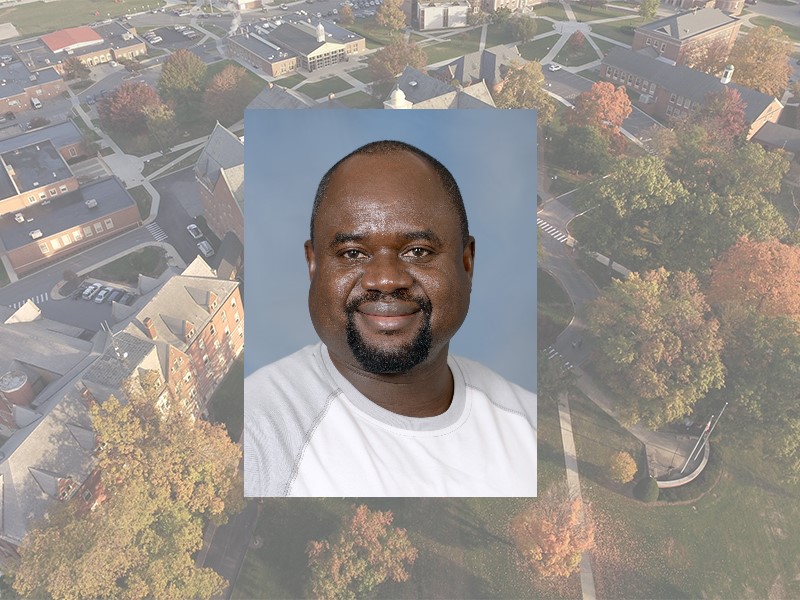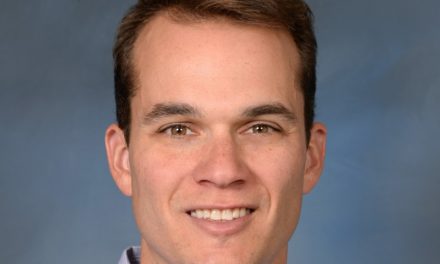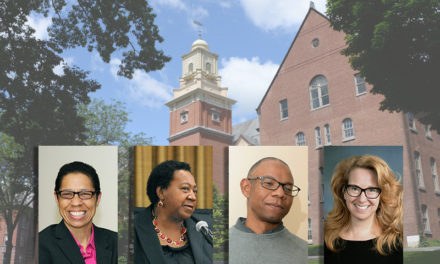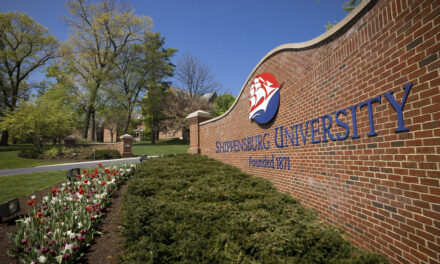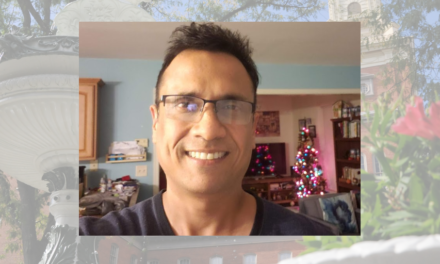The work to combat the threat of climate change begins in our own backyard and Dr. Joseph Zume, professor of geography/earth science, is working to ensure Pennsylvanians are equipped for the fight. Zume was selected to serve on the advisory board of the Pennsylvania Climate Leadership Academy.
The academy, created to enhance Pennsylvania’s ability to tackle climate change, provides continuing education and training programs for state and local government officials, infrastructure executives and business leaders.
According to the Pennsylvania Department of Environmental Protection, Pennsylvania’s climate has undergone a long-term warming of more than one degree Celsius over the past 110 years. The climate is also wetter, with a 10 percent increase in the amount of precipitation and an additional eight percent increase is expected by 2050. Human activities related to greenhouse gas emissions have been linked to this disruption of climate.
As a member of the 34-person board, Zume joins state and community leaders, nationally recognized experts and members of professional associations. Together they will inform planning activities, and shape curriculum and programs for the academy. He will also serve as an ambassador for the academy, promoting and sharing the work and the mission of the academy.
“I am excited to be a part of the advisory board for the new academy. As a climate and water resources scientist, I am very well positioned to help shape the success of the academy by contributing directly to the development of training materials and its curriculum in general,” said Zume.
Zume believes to slow and counter climate change communities must gain a better understanding of the basics of climate science.
“Climate change is happening, and its impacts are real. It is important for Pennsylvanians of all walks of life to build climate change literacy,” said Zume.
Zume just returned from Uganda, Africa as part of a research fellowship awarded by the Council for the Development of Social Sciences Research in Africa (CODESRIA). He conducted groundwater and sanitation research with collaborators from Makerere University in Uganda.

